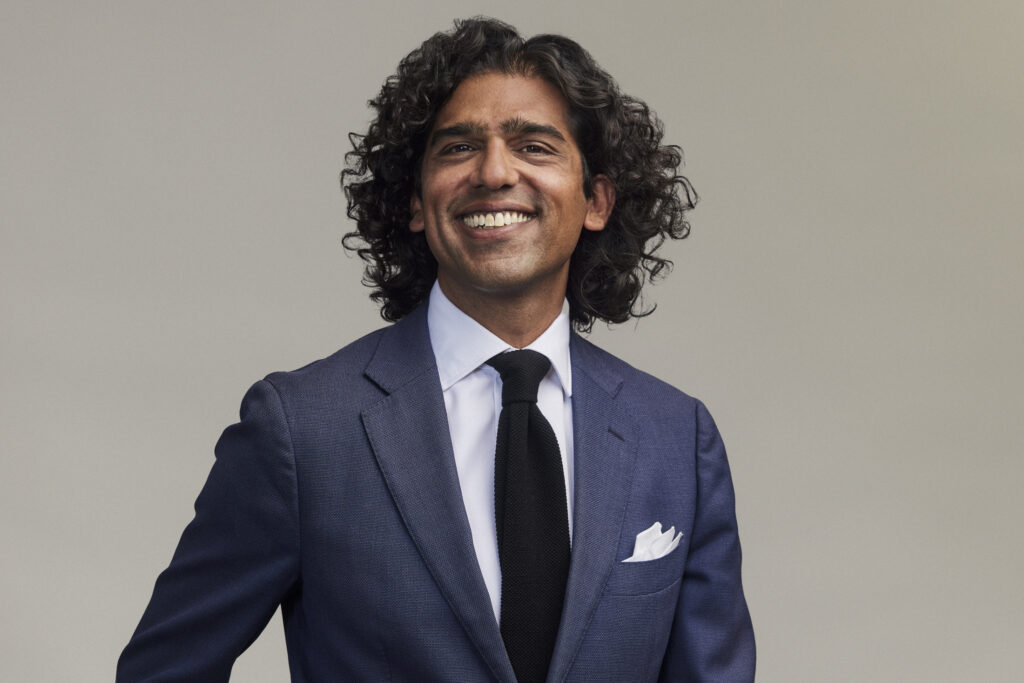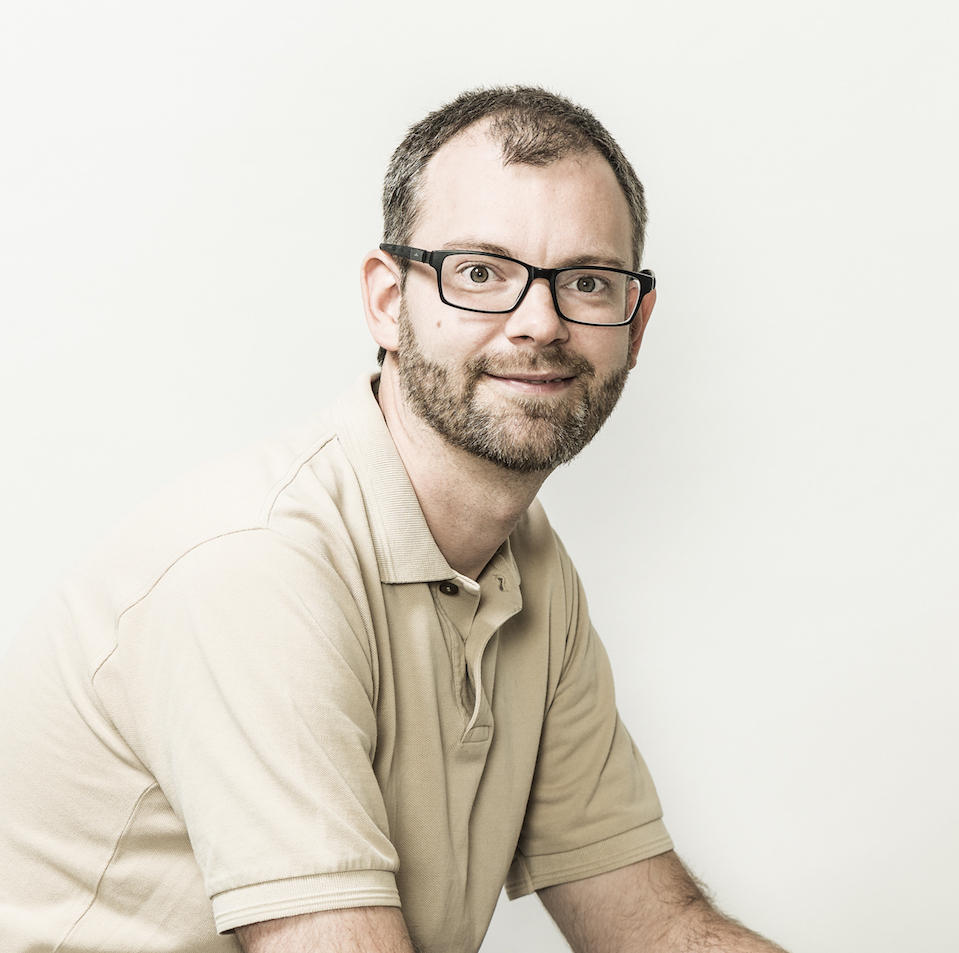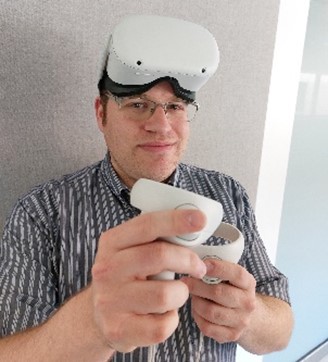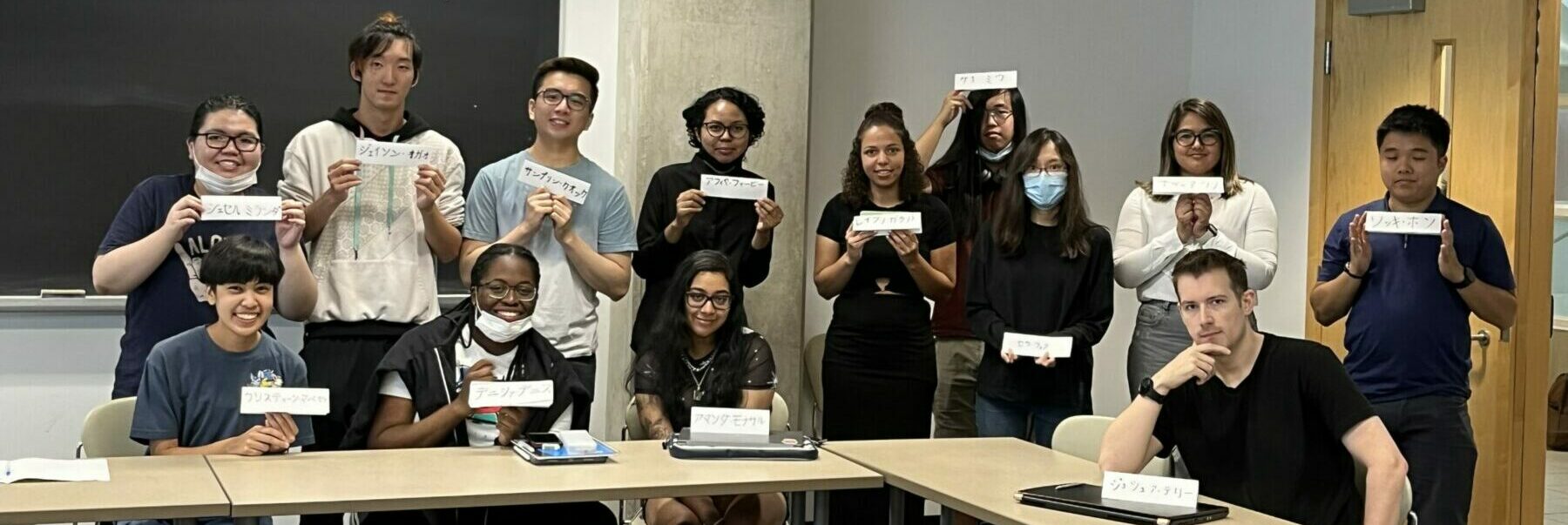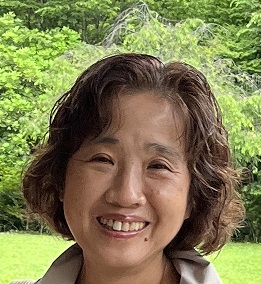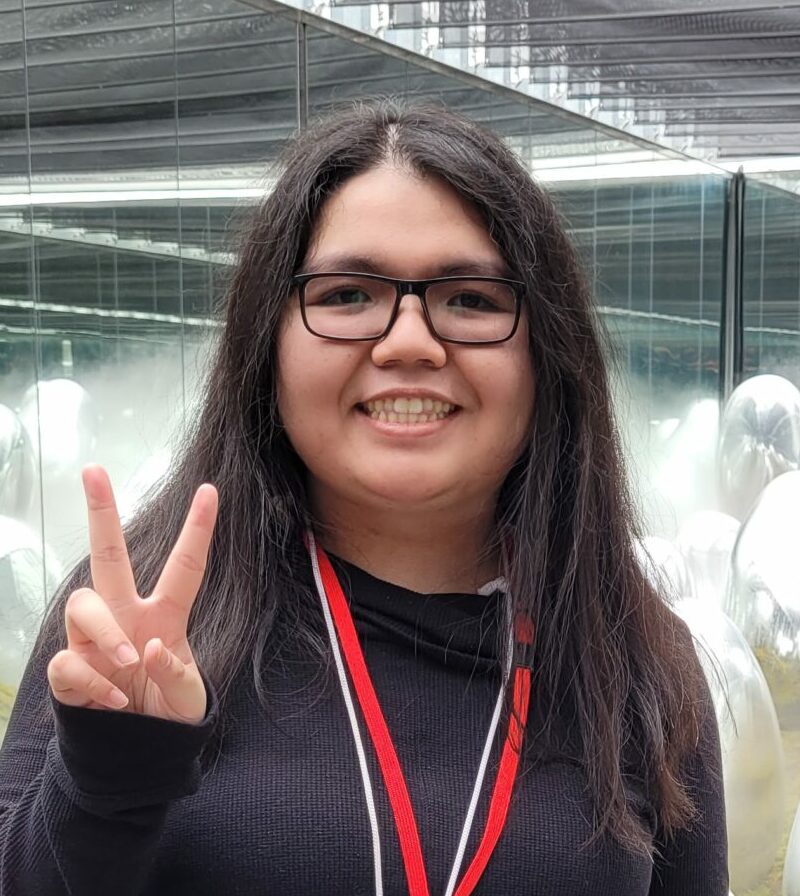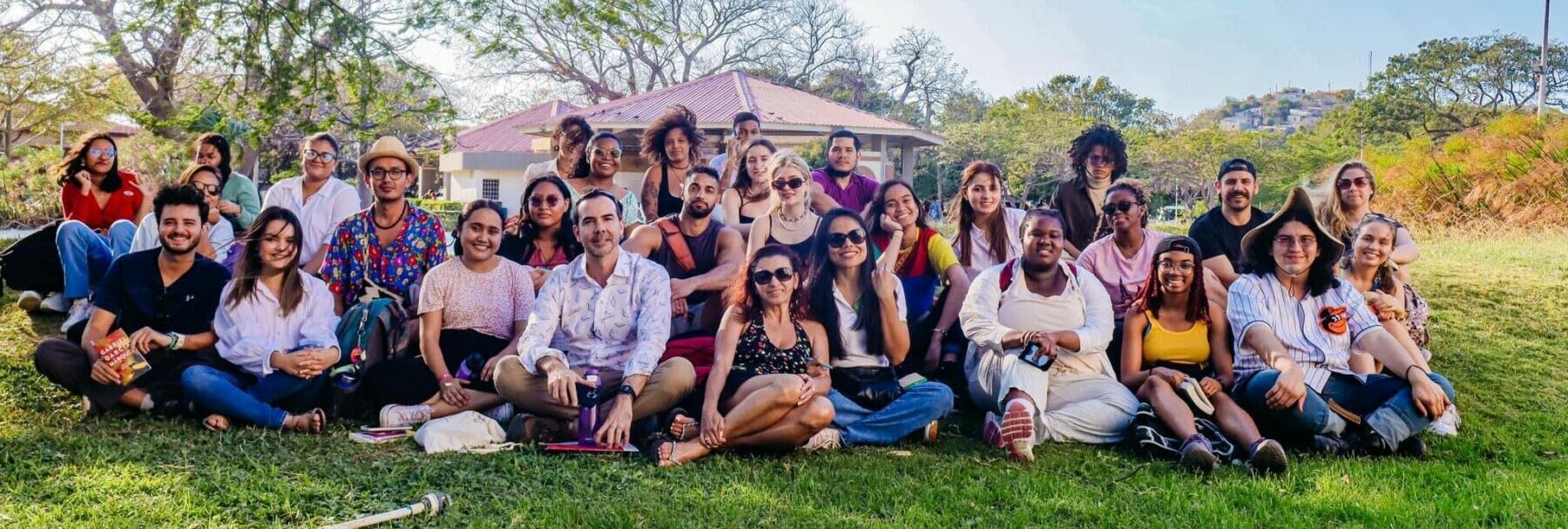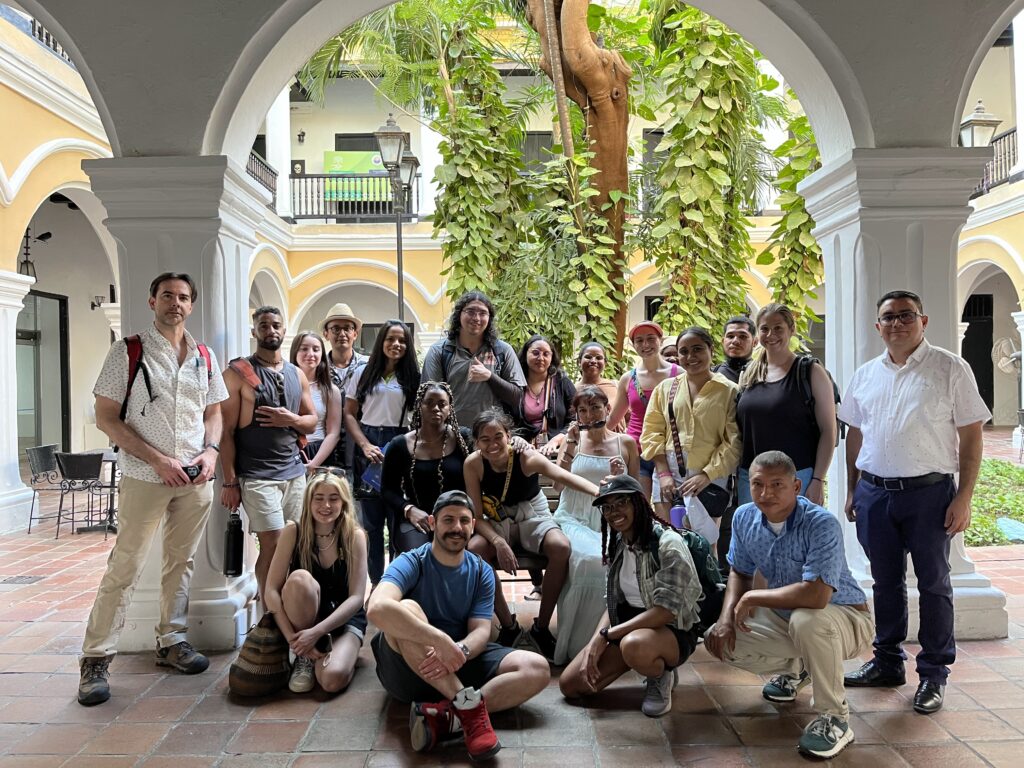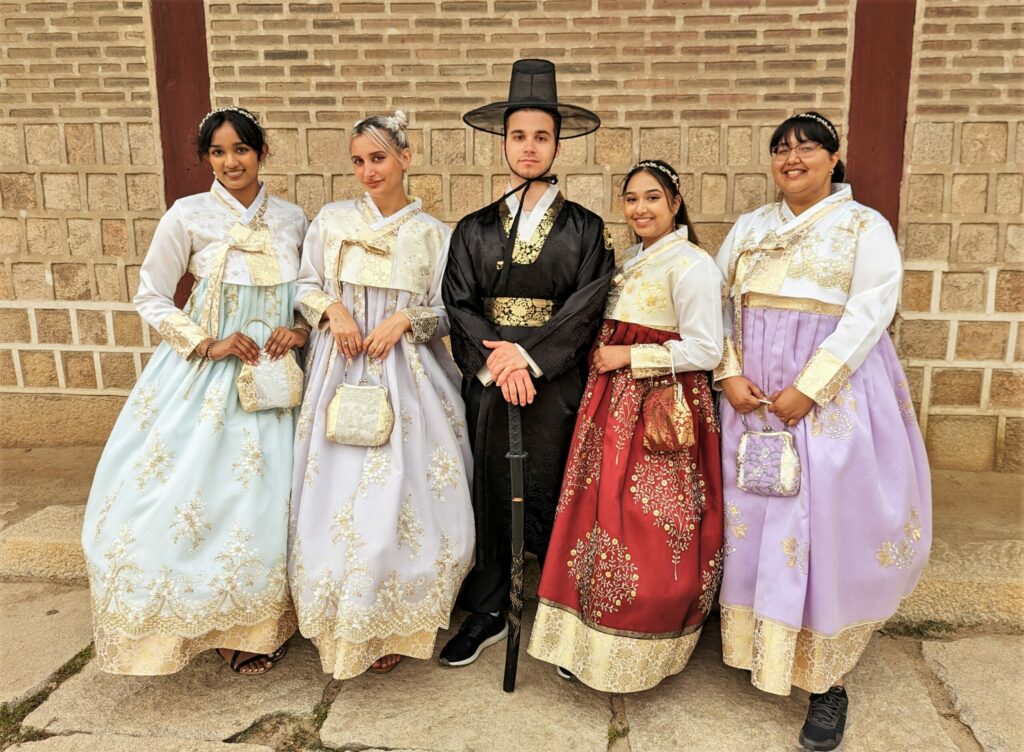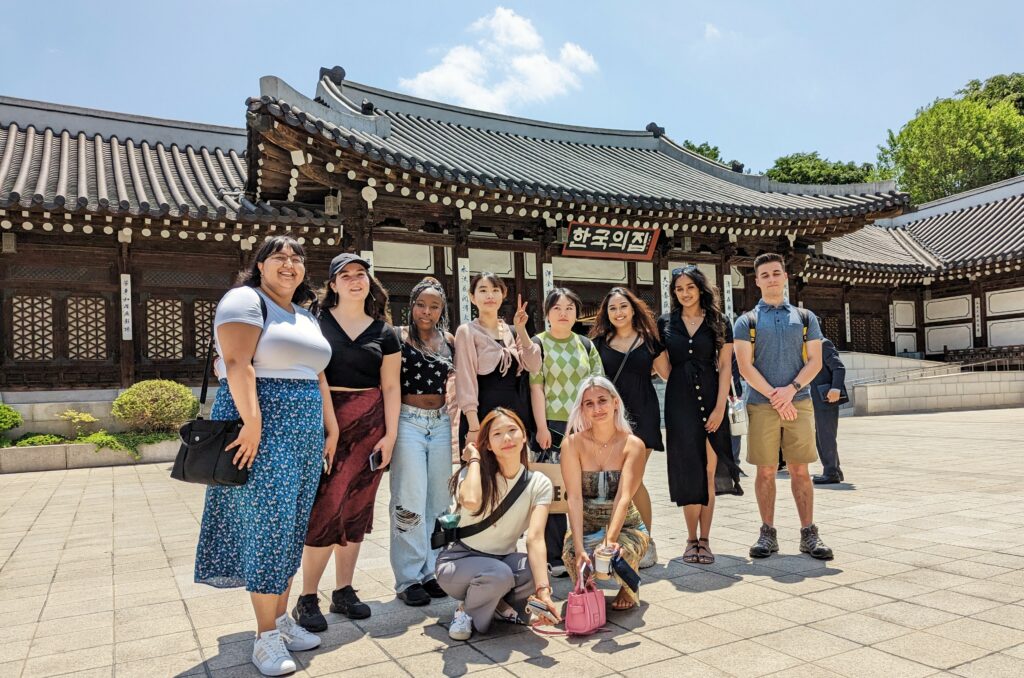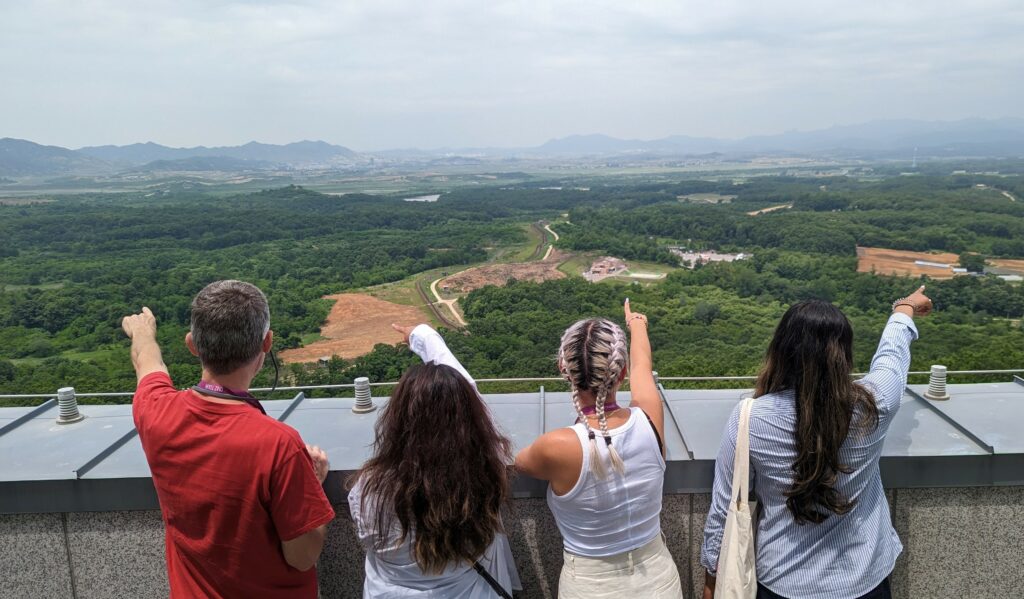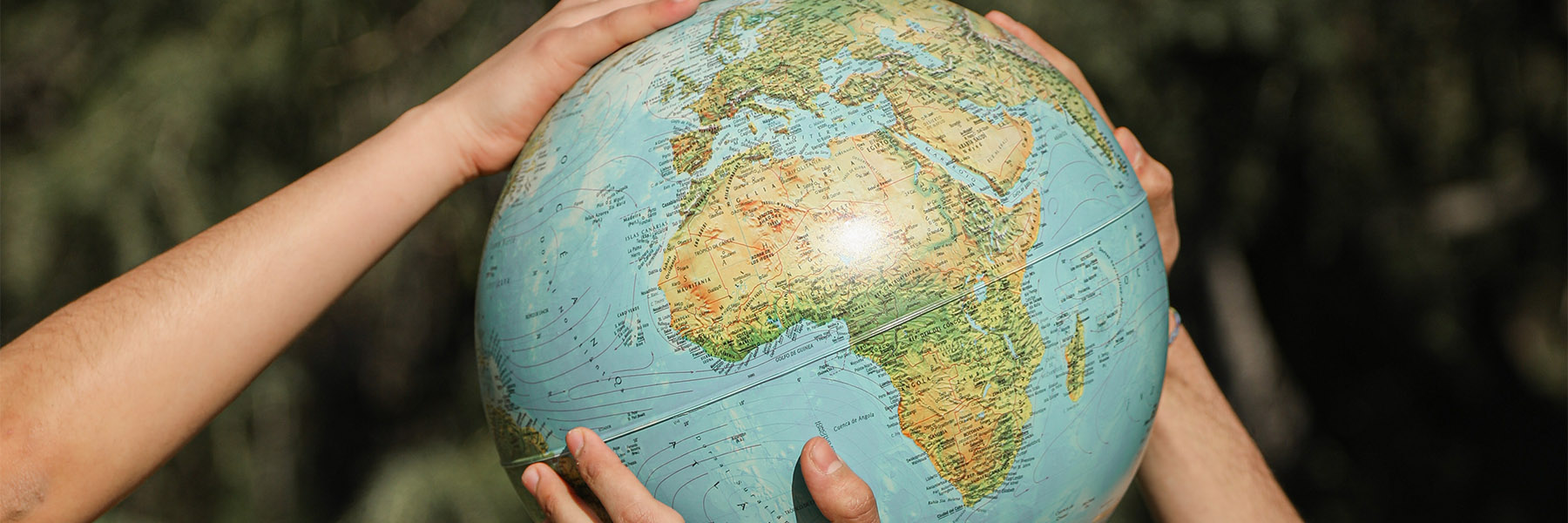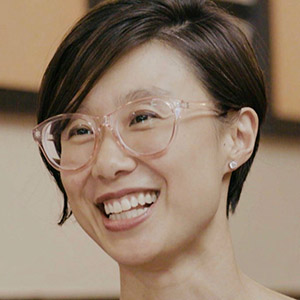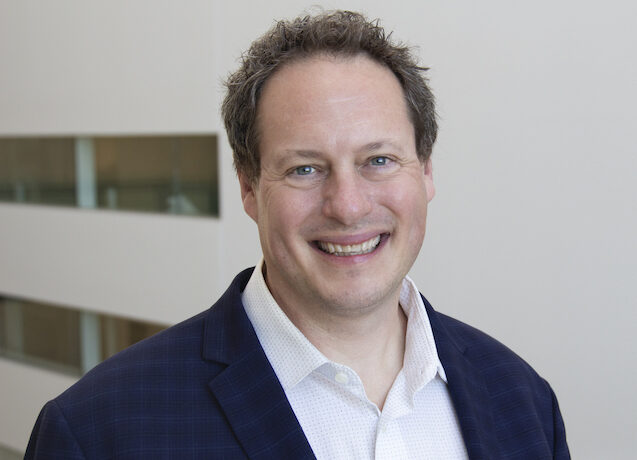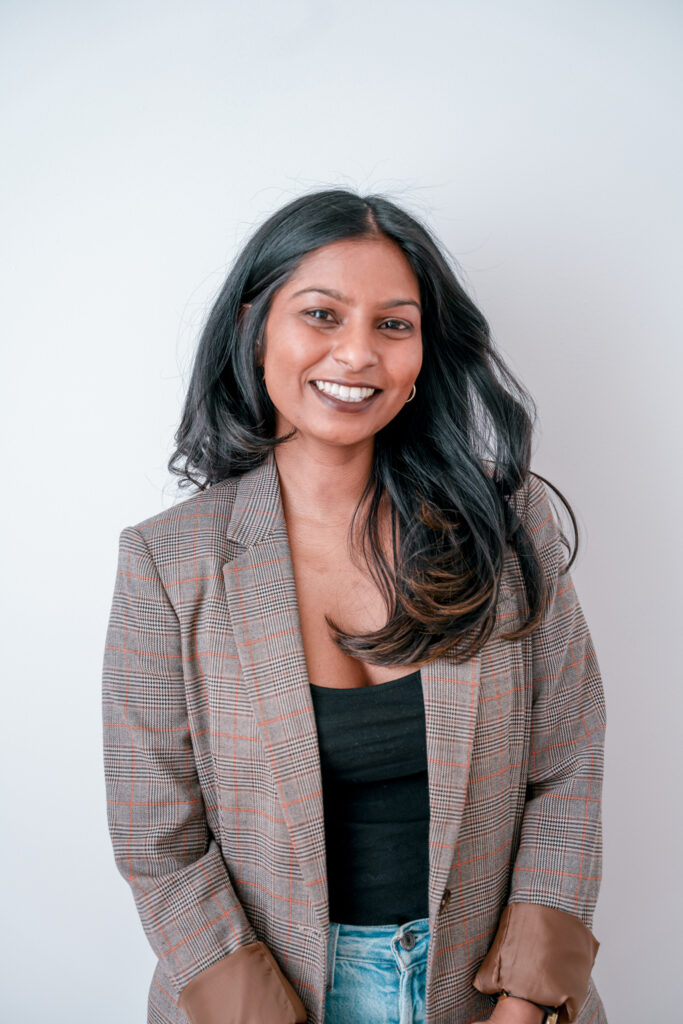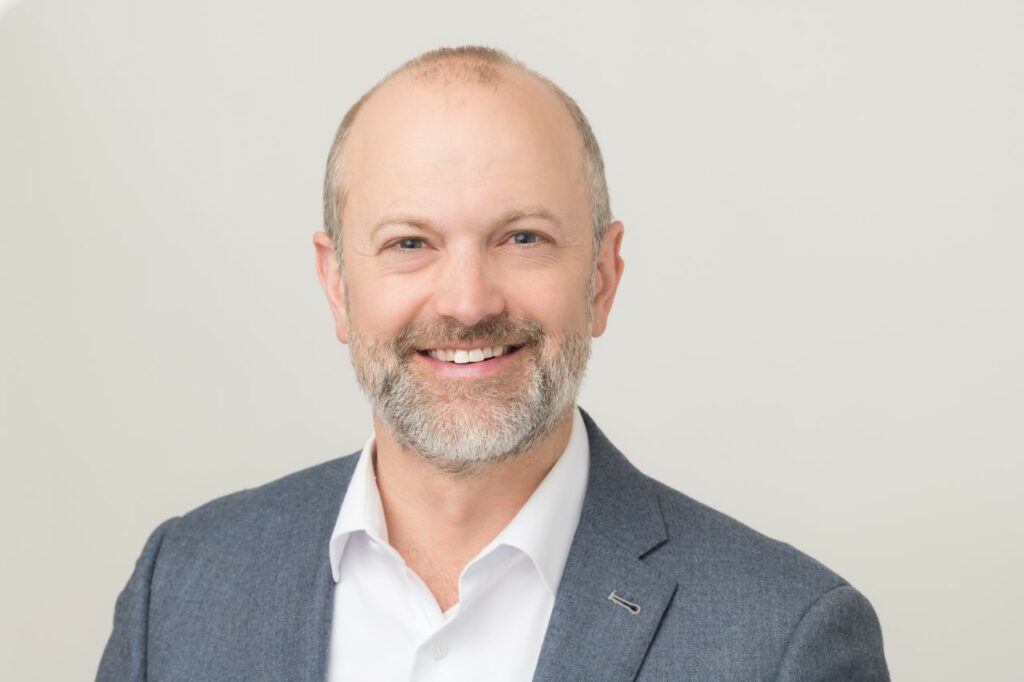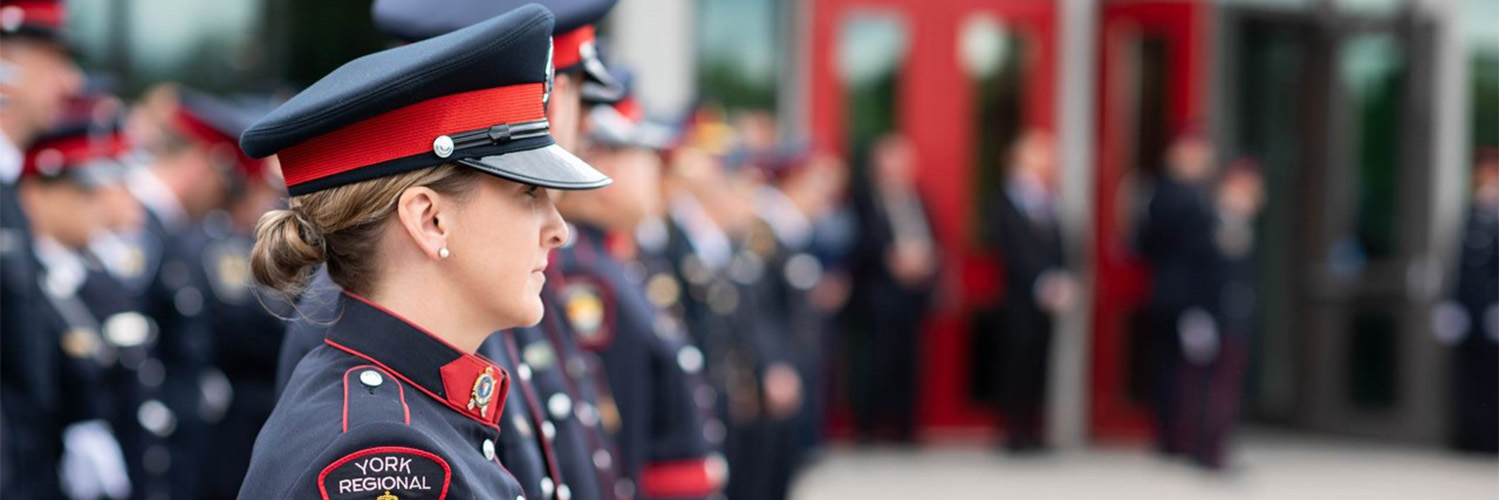Louis Althaus and Brandon Jeffrey Jang, second-year students at Osgoode Hall Law School, spent three weeks in June testing their practical knowledge of frontline immigration law learned through the School’s Community & Legal Aid Services Program (CLASP) to advocate for an at-risk migrant family facing expulsion.
Guided by CLASP’s veteran immigration lawyer, Subodh Bharati, the pair mobilized every legal strategy available to keep the family – who remain unnamed for privacy purposes – from being forcibly returned to Kazakhstan, where they faced potential persecution and death.
Thanks in part to their hard work in winning a last-minute reprieve, the family’s 14-year-old daughter, who was voted valedictorian by her Grade 8 classmates days before the deportation was to take effect, now has a chance of realizing her dream of becoming a doctor in Canada.
“It was a privilege to work on this case and have so much of the family’s trust,” said Althaus. “We were so thrilled to turn it around and get them the best result we could have hoped for.”
Throughout the case, Jang and Althaus filed a 180-page stay motion to the Federal Court of Canada; detailed affidavits to support a humanitarian and compassionate (H&C) application to Immigration, Refugees and Citizenship Canada (IRCC); and submitted a deferral request to the Canadian Border Services Agency (CBSA).
Getting to know the family helped the students add critical information to the H&C application, originally prepared by a Toronto law firm. “It was important to us that we brought their stories to life,” Jang said.
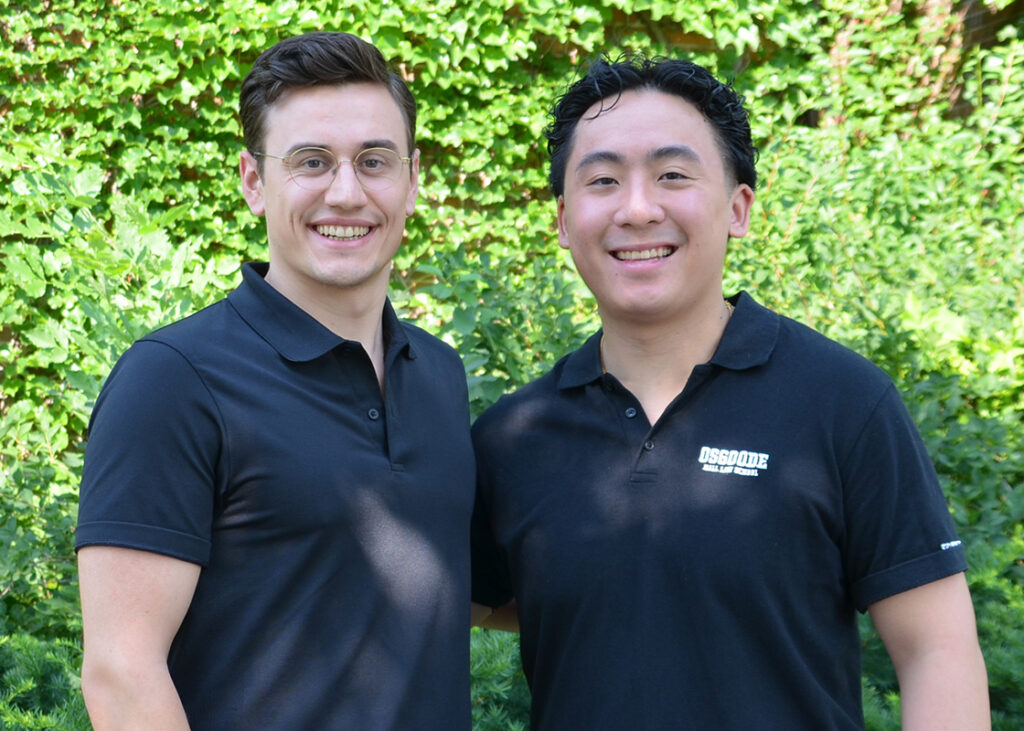
The family’s 2017 escape from Kazakhstan, where the father, a shopkeeper, was beaten and threatened with death by a local gang, reunited him with his brother and sister in Canada and enabled him to care for his sister, who was suffering from Parkinson’s Disease. In the six years that followed, the family’s three children became fluent in English and excelled in school.
Althaus, who is originally from Germany, and Jang, a Scarborough native, said many law firms would not have had the resources to delve so deeply into the family’s story on a legal aid retainer. The experience “truly highlighted the magic” of Osgoode’s clinic system, added Althaus.
The two Osgoode students said they were also inspired by Bharati’s guidance and will carry those lessons with them.
“Subodh taught us to be courageous and to take initiative,” said Althaus. “He’s willing to fight for his clients on all fronts and to exhaust every avenue possible within the judicial system – and he has instilled that in us, too.”
Bharati said CLASP offers an incredible opportunity to students.
“They are able to work directly with vulnerable and marginalized people who truly need them,” he explained. “In doing so, they see, not only the privilege an Osgoode education affords them but their immense capacity to do good. These experiences will stay with them for the rest of their careers.”
“Just hearing the real difference you can make actually doing work on a case and having a real influence on someone’s life – that was something I was drawn to,” Jang said of his reason for joining CLASP. “I wanted an opportunity to help give a voice to people who need it the most, and CLASP provides a specialized opportunity to do so. After a few months working here, I can truly say that the clinic believes in its students.”
Althaus likewise said Osgoode’s wide selection of clinical programs was intriguing when it came time to pick a law school.
“When I chose Osgoode, I chose it knowing it has the most extensive clinical system in the country,” he noted. “I don’t think I could have worked on a case like this at any other law school.”




